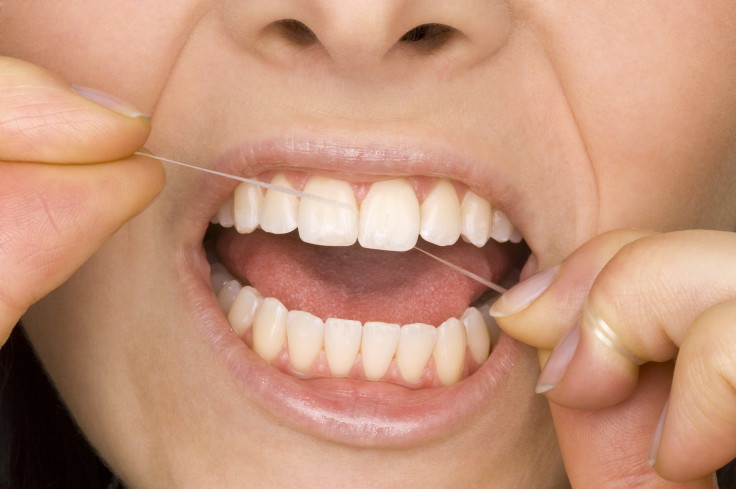Placenta Ridden With Oral Bacteria; Good Oral Hygiene Could Be Important During Pregnancy

Taking care of your teeth does more than give you a beautiful smile. The Academy of General Dentistry linked poor oral hygiene with conditions such as diabetes, leukemia, kidney disease, and even some types of cancer. A breakthrough in our understanding of fetal development suggests that taking care of your teeth may be especially important for women who are pregnant.
A group of researchers working on the Human Microbiome Project, were routinely looking at placental bacteria under a microscope for their study on the placenta’s unique microbiome. This project is dedicated to studying the communities of bacteria, fungi, and viruses that live throughout the human body, Science reports. It did not take long before the researchers noticed something interesting. Some of the bacteria that were present in the placentas more closely resembled bacteria that one would find in the mouth, not the vagina, skin, gut, or other parts of the body. After analyzing the placentas from over 320 pregnancies, the researchers were able to hypothesize that these microbes may get into a mother’s placenta from her mouth via the bloodstream. This may happen when she brushes her teeth. What is most exciting about this discovery is its potential for providing a correlation between gum disease and preterm birth. They found that the bacteria in the placenta differed in women who gave birth early. “This reemphasizes the importance of oral health” during pregnancy, Kjersti Aagaard, a researcher on the study told Science.
The placenta develops in a woman’s uterus during the early stages of pregnancy. It provides oxygen and nutrients to the fetus and removes wastes from the child’s blood. The placenta is attached to the uterus wall and is connected to the child through the umbilical cord.
Prior to this study it was common belief that the placenta was sterile and any bacteria found in it must have been transmitted from the vagina during childbirth. Science reports that it was not until recently that researchers began to realize that bacteria existed in the baby’s gut that did not match common vaginal bacteria.
Oral hygiene may be closely related to pregnancy and women who are pregnant or may become pregnant need to pay extra attention to their oral health. “This study is the first to suggest that all placentas contain a small amount of bacteria,” says perinatal researcher Roberto Romero, of the National Institute of Child Health and Human Development. However, the link between oral hygiene and pregnancy is not proved just yet. Exactly why the bacteria are in the placenta or how it got there is still unclear. Other theories suggest that the bacteria could have been in the uterus before the pregnancy and simply evolved to look like mouth bacteria.
Source: Aagaard K, Ma J, Antony KM, Ganu R, Petrosino J, Versalovic J. The Placenta Harbors a Unique Microbiome. Science Translational Medicine. 2014
Published by Medicaldaily.com



























